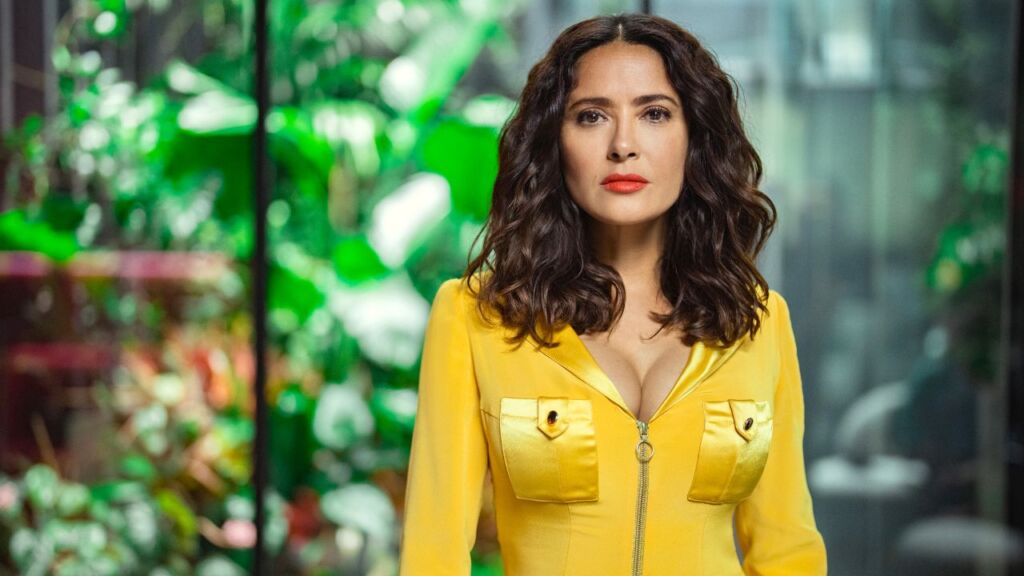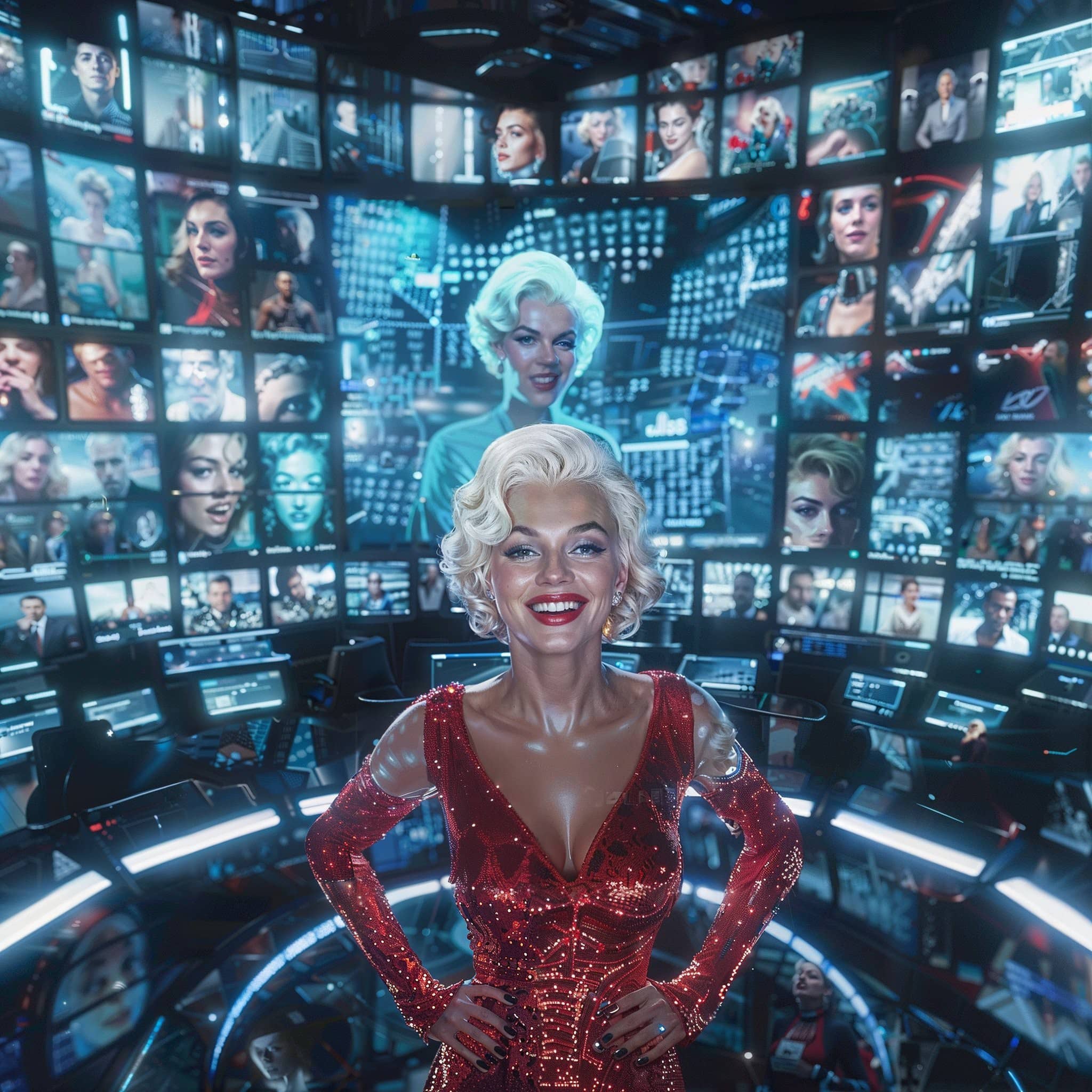What if your favorite TV shows could be generated by AI with one click? No more writers' rooms, no more actor strikes, just an endless stream of content tailored to your every whim. Does this sound like a dream come true? Or is it a nightmare? An AI-powered satire creator's experiment shows us that the future of automated entertainment is a real possibility. Let's explore it together.

From a terrible idea to a terrible script… Er, generated by AI
Jabrils (programmer, manga creator, educator and humorist) recently posted a video on YouTube that brings us one step closer to a world entertained by artificial entities like Max Headroom (do you remember it?) or Buster Friendly, the character of the novel by Philip K. Dick “Do androids dream of electric sheep?” from which “Blade Runner” was born.
For this video, Jabril built a workflow that allowed him to quickly generate a parody of an entire episode of SharkTank.
Shark Tank is a popular entertainment product: a reality show that has been on the air for 15 years. It is inspired by a Japanese format called “Dragons' Den” and features aspiring entrepreneurs who present their business ideas and business plans to a group of successful investors, known as “sharks”. In Italy it can be seen on Amazon Prime Video.
Using ChatGPT, Jabril generated a script based on a terrible product idea: cigarettes with a higher nicotine content. ChatGPT dutifully spit out a pretty good script, which then, with a single statement, was converted into a code format like JSON. Jabril then used Unity to create some basic characters, then used to stage the scenario generated by ChatGPT.
From writing to speaking: AI entertainment does it all
Jabril didn't like his first episode. According to him, it lacked “panache”. The next step, to create an effective simulation, was to generate simulated voices and match them to the heads of the show's protagonists: the investor "sharks". For this, the creator used an app called Studio D-ID (which makes heads blink and talk, I told you about it a year ago) combined with a voice cloning app, Eleven Labs.
Bypassing high costs and format issues, Jabril finally got what he wanted: a “video performance” of his ChatGPT script. While the result was so grainy and fake that you might wonder if the first basic attempt in Unity wasn't better, Jabril's subsequent attempts to improve the video resolution produced disturbing results.
The art of imitation perfected by AI
While the entire attempt was clearly satirical and designed to elicit laughs, there are parts in the video where the characters' heads are perfectly synchronized with the words. This is not the alarm raised by DeepFakes in which famous people are simulated. Rather, it's about creating simulations of minor celebrities or even people who don't exist.
And they make you think about the ease of what AI systems will represent for the creation of entertainment: music, audio, video and animation.
A look at the future of entertainment
Big studios may be temporarily blocked by the threat of unions and strikes, but this ban doesn't apply to small creators, right? It seems inevitable that someone will become a producer, perhaps directing an avatar of themselves in an endless series of AI-generated content, and that leaves a bittersweet taste in my mouth.
I confess: I may be ideologically tied to a romantic notion of art that wants my entertainment to be made in a 100% authentic and natural way. How many of you think like me? If you think about it, we consume far too much frivolous content driven by algorithms to steal our attention. How much can we define them as "authentic", just because they involve real people?
The "democratization" of content creation driven by artificial intelligence will sooner or later lead to one or more serial and viral shows created by a single creator, and without involving real people. Maybe quizzes about cinema presented by one Marylin revived, or documentaries on narrated art by Salvador Dalí.
That's why I thought of Buster Friendly
Was the artificial intelligence imagined by Philip K. Dick, with its malevolent anti-humanity agenda, really worse than the 100% human heads now appearing on our screens?
Jabril's experiment raises profound questions about the future of entertainment and the role of human creators in a world where AI can generate content with one click. We will be immersed in an ocean of content that will be presented to a human audience without ever having been created by human hands.
Ultimately, you know, the real question is not whether AI can create entertainment, because it will. 100%. I assure you. The real question is whether it should do so: or rather, to what extent, and in what scope it should.
Because there is much more at stake than just laughter.


